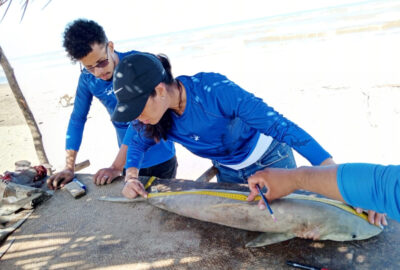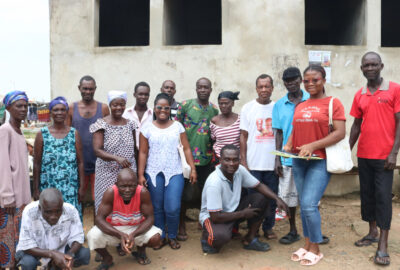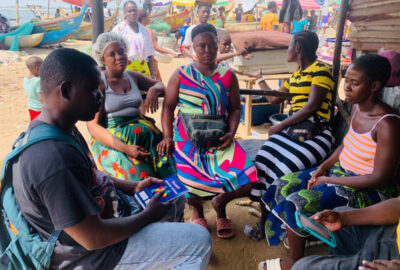Connection and Conversation at the International Congress for Conservation Biology
For Alberto Mejia-Paniagua of ilili, whose work is supported by the Marine Conservation Action Fund, participating in the conference offered a chance to connect with conservationists from around the globe.

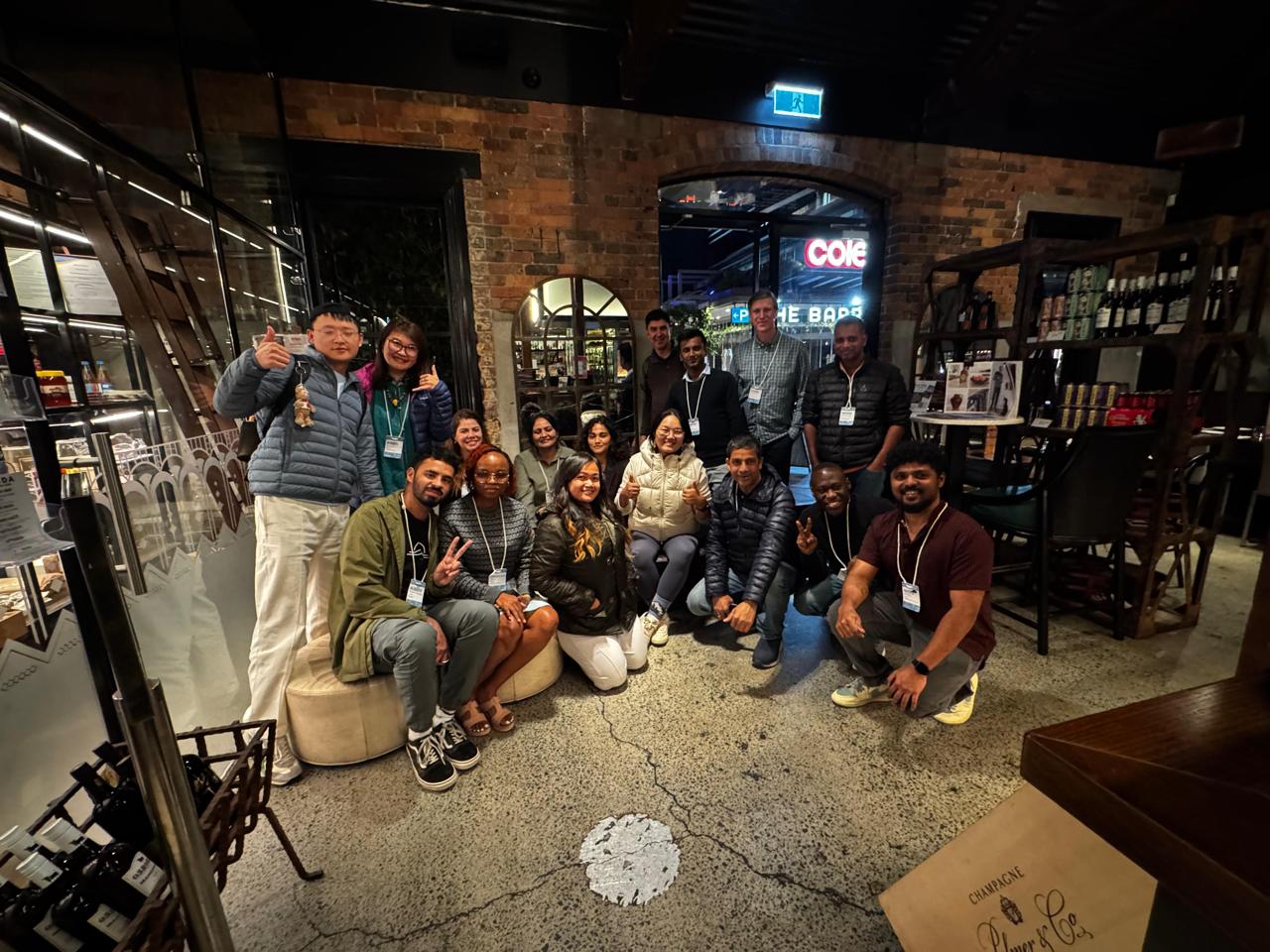
By Alberto Mejia-Paniagua, ilili Research Associate
The International Congress for Conservation Biology (ICCB) 2025 was a great opportunity to share the work we’ve been doing at ilili along the Honduran coast, and also to learn from similar experiences in other contexts. It was an incredible space to exchange tools and approaches and to reflect on the challenges we face in local settings, where conservation cannot be separated from social and community realities.
Many of the sessions touched on themes highly relevant to our work, related to environmental justice, community-led conservation, and shared governance. There was a clear consensus on something we’ve been feeling for a long time: coastal and Indigenous communities are not just beneficiaries, but key protagonists in conservation processes.
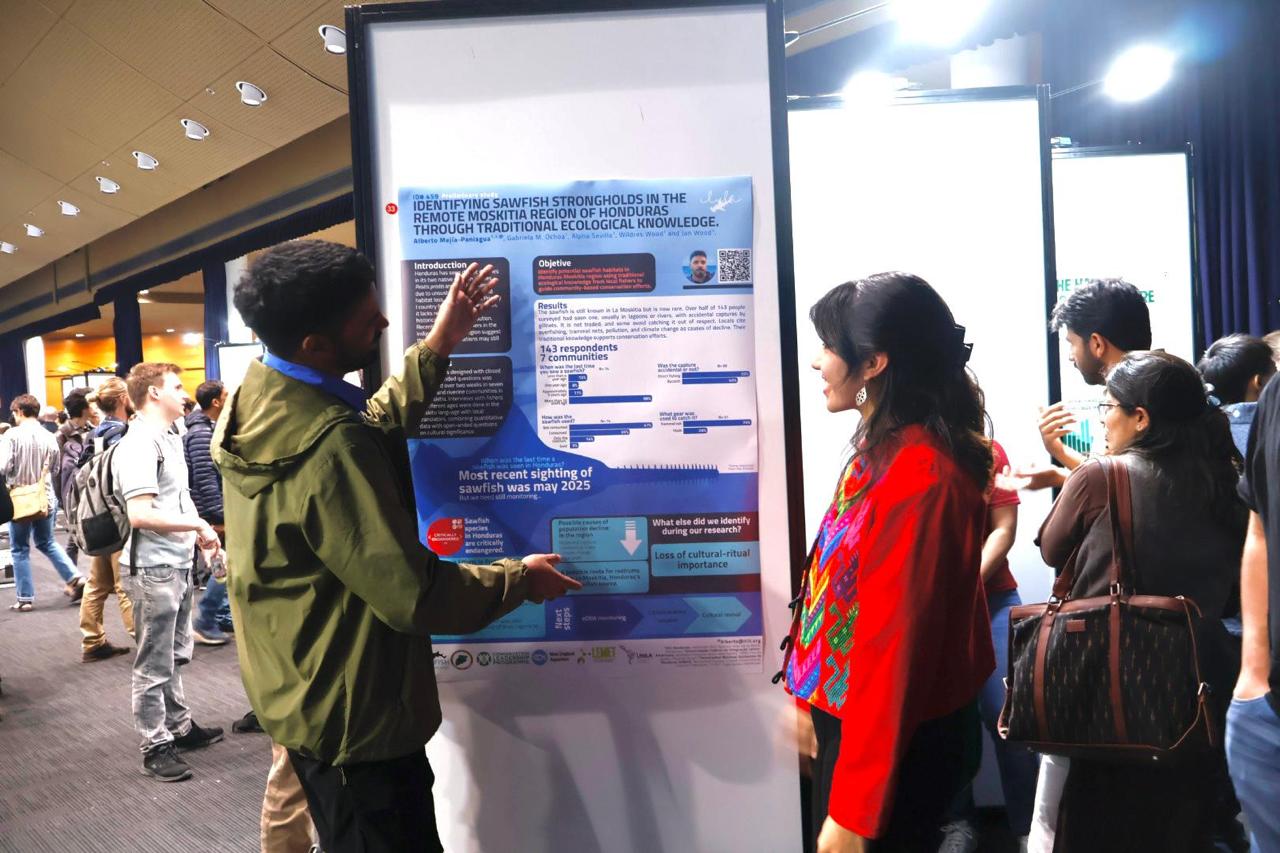
During the conference, I presented a poster on the historical and current status of sawfishes (Pristis pristis and P. pectinata) in Honduras, highlighting findings from a project supported by the Sawfish Conservation Society. Through fieldwork and community interviews, we’ve been able to document recent sightings and captures, as well as the cultural relevance of the species in Indigenous Miskito communities. Unlike many species where conservation follows knowledge, the case of the sawfish presents the opposite challenge. Due to the limited available information and the likelihood that sawfish presence is being underestimated, protection efforts often need to precede a full understanding of the population’s status. Little-documented species like the sawfish challenge the traditional model of “know to conserve,” pushing us to consider that sometimes it’s necessary to conserve in order to know.
The presentation sparked interest among specialists and led to valuable methodological exchanges that will help improve our documentation and monitoring strategies. Understanding the processes that led to the disappearance of iconic species like the sawfish can offer important lessons to strengthen conservation strategies for other less visible but equally threatened species.
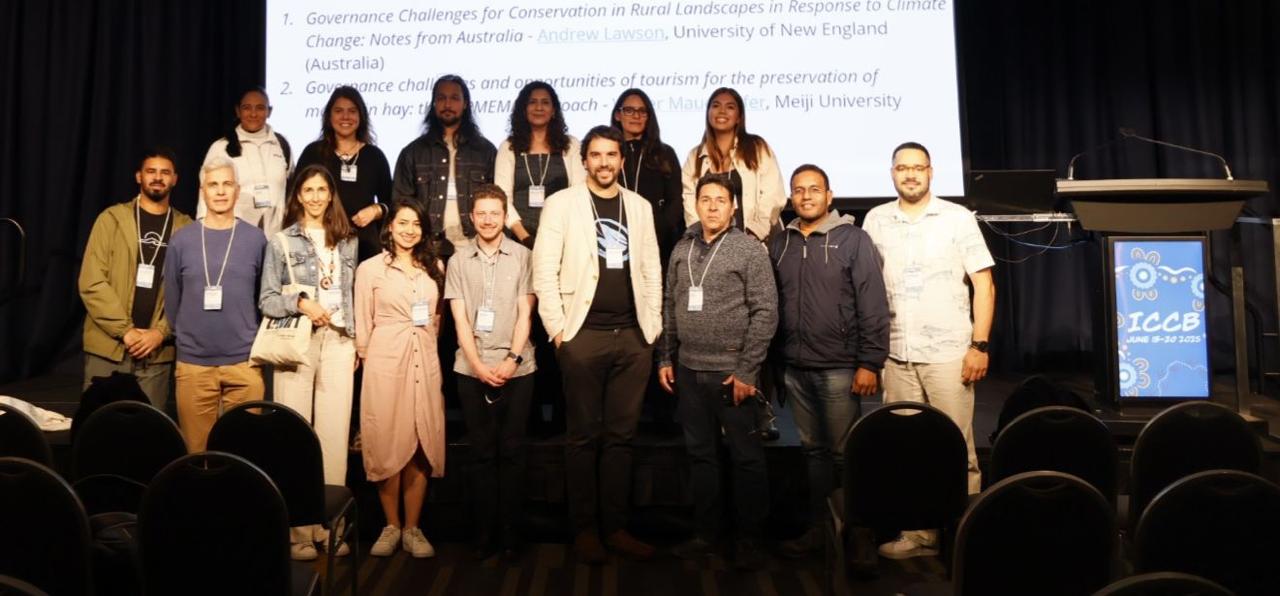
Beyond the technical content, it was encouraging to see how knowledge generated in the Global South is increasingly being recognized. Conservation needs more adaptive, participatory approaches that are connected to local realities. I’m grateful to the Marine Conservation Action Fund (MCAF) and the Conservation Leadership Programme (CLP) for making my participation possible, and especially to the people who supported me, accompanied me, and the good friends I made during the conference. I also want to thank the ICCB Accessibility Committee for making participation possible in different languages. It was an investment in strengthening our team’s capacity and continuing to move toward a more just and effective conservation. This was my first conference, and honestly, I never thought I’d be able to take part. Being there was not only a personal milestone but also a reminder that, with the right support, it’s possible for young people from Latin America to be involved in global conversations and contribute meaningfully to marine conservation efforts in our own countries.

